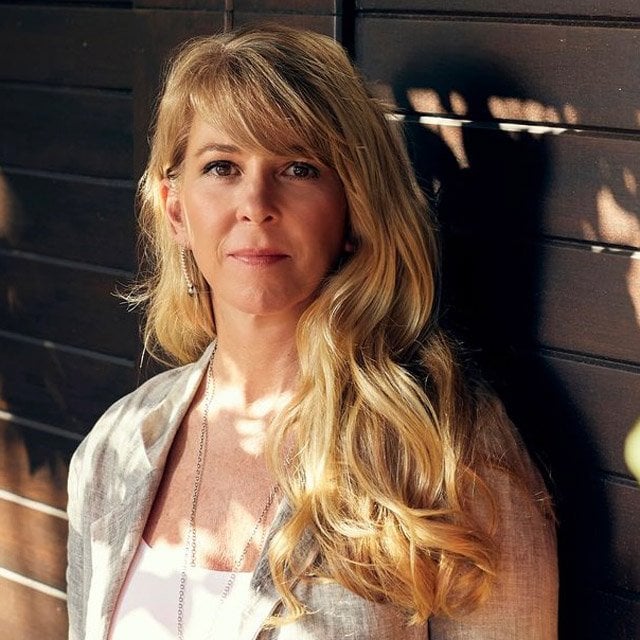
Stocks could end the year strong but many risks remain, according to Liz Ann Sonders, Charles Schwab chief investment strategist. She cited concerns that quickly rising long-term bond yields could cause something in the economy to "break."
Another better-than-expected earnings season or investors buying on dips could trigger a strong year-end stock performance, she said Tuesday in response to a listener question on the Hedgeye Investing Summit webcast.
"I'm never surprised by any move on the part of the market. But there are still a lot of risks out there," said Sonders, who advocates long-term investing rather than trying to time the stock market.
"Neither get in nor get out is an investing strategy," she said. "That's just gambling on two moments in time. … Investing should be a disciplined process over time."
'Befuddled' by Possible Rates Pivot
Sonders made various predictions about the economy, including casting doubt on the idea that the Federal Reserve will pivot to cutting interest rates under current economic conditions — with a tight labor market and inflation above the central bank's target despite some choppy disinflation.
"That's the narrative that has befuddled me for quite some time," she said, noting that labor markets remain tight by the Fed's own measure. "How could that possibly be a green light for an actual pivot to rate cuts after the most aggressive hiking cycle in 40 years?"
"I don't think it's out of the question that the Fed might be cutting next year but not under the current set of circumstances," Sonders added. "A Fed that moves to rate cuts next year would, to me, only happen through a combination of continued disinflation to or near their target and more than just cracks in the labor market, bringing their other mandate into clearer focus."
Tied to Labor Market
The Fed views a weaker labor market "as being a necessary condition to keep inflation down. And the current set of circumstances, even if you support a pause … a pause and a pivot are two entirely different things," she explained.
As for the pivot narrative, "I always think, boy, be careful what you wish for."
The Fed will cut rates again but won't go back to a zero interest-rate policy, she predicted.
"I think that is a ship that has sailed," Sonders said.
With few or no exceptions, she added, central banks looking at zero or negative interest-rate policies find more negative than positive consequences.
Pandemic Effects in Play
Sonders has frequently noted her belief that the U.S. economy has been experiencing a rolling recession since the COVID-19 pandemic, with different components affected at different times. She suggested that the process isn't finished yet, citing "long and variable" lags in response to forces like higher interest rates.
"We're just not past the expiration date on the hits that come at different times," she said.



